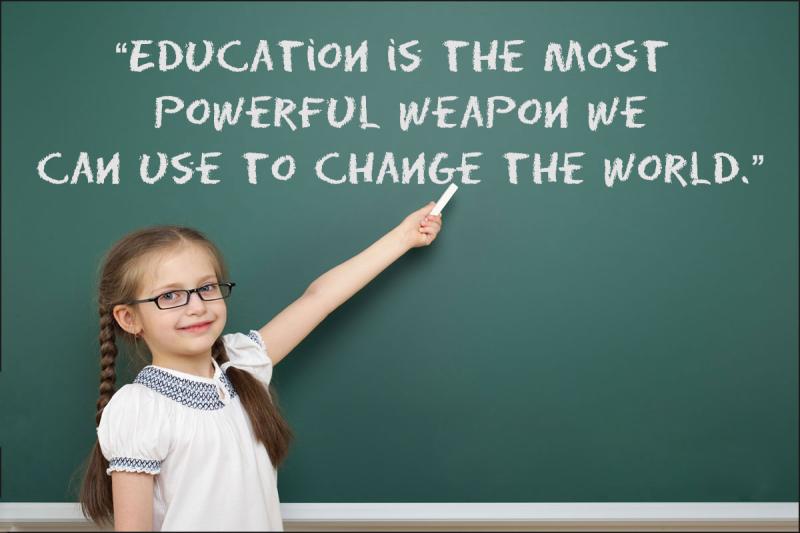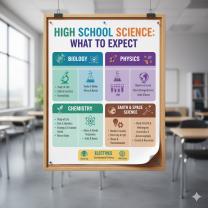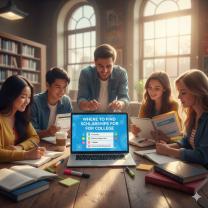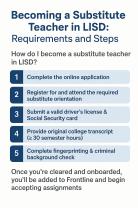How important is education?
Education plays a crucial role in individual and societal development, contributing to personal growth, economic progress, and the overall well-being of communities. Here are several aspects highlighting the importance of education:
Personal Development:
- Education provides individuals with knowledge, skills, and critical thinking abilities. It fosters intellectual growth, curiosity, and a lifelong love for learning. Through education, individuals gain a deeper understanding of the world and their place in it.
Empowerment and Independence:
- Education empowers individuals by providing them with the tools to make informed decisions. It promotes independence, self-reliance, and the ability to think and act autonomously.
Economic Opportunities:
- Education is often linked to economic opportunities. Individuals with higher levels of education are more likely to access better job opportunities, higher income, and improved career prospects. Education contributes to the development of a skilled and knowledgeable workforce, which, in turn, enhances a nation's economic competitiveness.
Social Mobility:
- Education is a key driver of social mobility. It can break the cycle of poverty and provide individuals with the means to improve their socio-economic status. Access to quality education helps bridge gaps and promotes a more equitable society.
Health and Well-Being:
- Education is correlated with better health outcomes. Educated individuals tend to make healthier lifestyle choices, have access to healthcare resources, and are more likely to understand and prioritize health-related information.
Civic Engagement and Democracy:
- Education is essential for fostering an informed and engaged citizenry. It equips individuals with the knowledge and skills needed to participate actively in civic life, contribute to democracy, and make informed decisions as responsible members of society.
Cultural and Social Awareness:
- Education promotes cultural understanding and social awareness. Exposure to diverse perspectives and experiences helps build tolerance, empathy, and appreciation for different cultures, fostering a more inclusive and harmonious society.
Innovation and Progress:
- Education is a catalyst for innovation and progress. It nurtures creativity, critical thinking, and problem-solving skills, which are essential for addressing complex challenges and driving scientific, technological, and social advancements.
Global Competitiveness:
- Nations with well-educated populations are often more competitive on the global stage. A skilled workforce, supported by a strong education system, contributes to a country's ability to compete in a knowledge-based economy.
Environmental Stewardship:
- Education plays a role in promoting environmental awareness and sustainability. Informed individuals are more likely to understand the importance of environmental conservation and take actions to address ecological challenges.
Lifelong Learning:
- Education instills a value for lifelong learning. In a rapidly changing world, the ability to adapt and acquire new knowledge and skills throughout one's life is crucial for personal and professional success.
In summary, education is a cornerstone of individual and societal development, fostering personal growth, economic prosperity, and a more informed and interconnected global community. Its importance extends beyond the classroom, influencing various aspects of life and contributing to the well-being and progress of individuals and societies.
What impact does education have on personal development?
Education plays a significant role in personal development, impacting individuals in various ways throughout their lives. Here are some key ways education fosters personal growth:
Knowledge and Skills:
- Education equips individuals with knowledge and skills specific to chosen fields or areas of interest. This knowledge empowers individuals to make informed decisions, solve problems, and perform tasks effectively.
- Learning new skills enhances confidence and self-esteem, contributing to a sense of accomplishment and personal satisfaction.
Critical Thinking and Problem-Solving:
- Education challenges individuals to think critically, analyze information, and develop solutions to complex problems. This intellectual stimulation enhances cognitive abilities and promotes creativity and innovation.
- Applying critical thinking skills in various situations fosters adaptability and resilience, allowing individuals to navigate challenges and overcome obstacles.
Communication and Interpersonal Skills:
- Education provides opportunities to develop communication skills through writing, speaking, and listening activities. This enhances self-expression, allows for effective sharing of ideas, and facilitates collaboration and teamwork.
- Participating in discussions and group projects strengthens interpersonal skills, allowing individuals to build relationships, engage in constructive dialogue, and work effectively with diverse groups of people.
Personal Growth and Identity:
- Education exposes individuals to diverse perspectives, knowledge systems, and cultures. This broadens their understanding of the world and challenges existing biases and assumptions, contributing to personal growth and self-awareness.
- Engaging in academic pursuits fosters intellectual curiosity and a lifelong love of learning. This encourages continuous personal development and exploration of new ideas and interests.
Social and Emotional Development:
- Education provides opportunities for individuals to interact with peers and mentors, promoting social development and forming lasting relationships. This fosters a sense of belonging, community, and social support.
- Learning about different cultures and perspectives fosters empathy and understanding toward others, contributing to emotional intelligence and social responsibility.
Empowerment and Agency:
- Education equips individuals with the knowledge and skills necessary to participate actively in society, pursue their goals, and make their voices heard. This fosters self-efficacy, agency, and a sense of empowerment to shape their own lives and contribute positively to the world.
Overall, education serves as a powerful catalyst for personal development. It provides individuals with the knowledge, skills, and experiences necessary to grow intellectually, socially, and emotionally. The impact of education extends beyond academic achievements, shaping individuals into well-rounded, confident, and contributing members of society.













